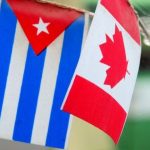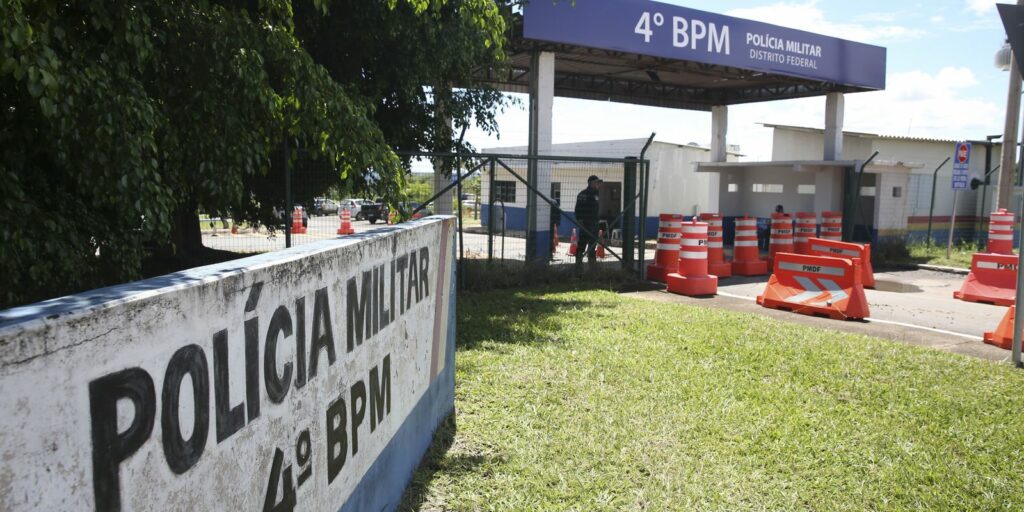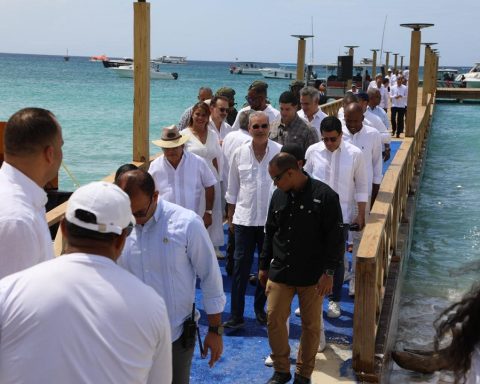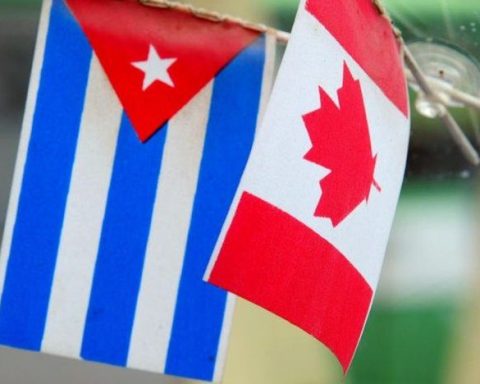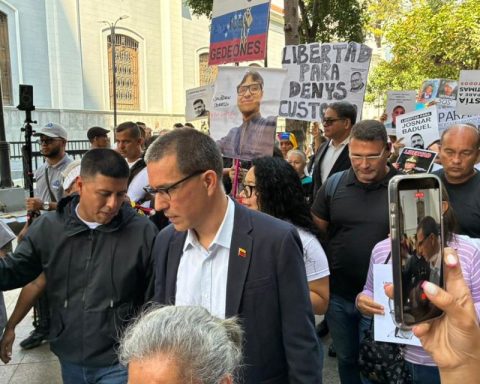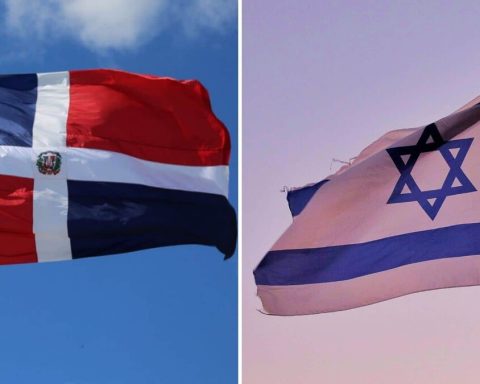January 16, 2023, 23:02 PM
January 16, 2023, 23:02 PM
The resolution of the expanded MAS in Cochabamba Declaring Evo Morales “president for life” turns him into a caudillo who puts the existence of the party itself as a political structure at risk, said the expert on electoral issues, Paul Antonio Coca, on Monday, referring to that masista decision.
“Caudillista parties are the ones that do or do need a single leader, they cannot promote renewal processes and they end up wearing out. If they did not know how to renew cadres, they begin to cause internal fractures and divisions that, obviously, are leaving the caudillos, alone”, reflected the analyst when he was consulted about the political decision of the masismo.
Saturday the MAS carried out an expanded that he had to examine the management of the Government and request a change in the Cabinet of Ministers, for that reason President Luis Arce had been summoned; However, the masistas resolved to expel deputies and used the event to give Evo the life mandate of this political store.
“By decision of the ordinary magno magno we ratify our commander and leader Evo Morales Ayma as president for life of the National Directorate of the MAS IPSP, as long as I have life and health”, indicates the first point of the document approved by the MAS of Cochabamba.
Coke remembered that That same step was followed by parties such as the MIR, ADN and Condepa, who later ended up succumbing to their own decisions as each party disappeared along with the leader. He also recalled that Evo Morales has been president of MAS since 1999 when he was first elected and since then he has kept MAS alive.
He also referred to the Political Organizations Law, promulgated by Evo Morales himself, which mandates the renewal of political cadres and regretted that the norm leaves in the hands of “internal decisions” the possibility of alternation in the political shops.
Morales’s relatives have already announced that he will be the MAS candidate in 2025 and they forgot the existence of primary elections within the party to define a binomial. “What the Law of Political Organizations does is give the power to the head of the party to send the delegate to the Supreme Electoral Tribunal and register the candidate of his preference,” reflected Coca.
However, he also warned that the parties cannot carry out their activities arbitrarily and recalled that It must be the Departmental Electoral Tribunal that acts as overseer of the realization of this type of events and see the fulfillment of statutes in the resolutions that they approve.








